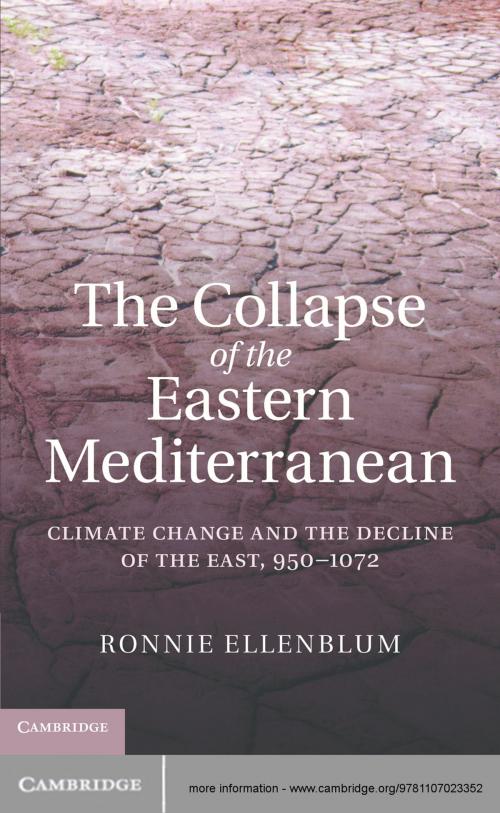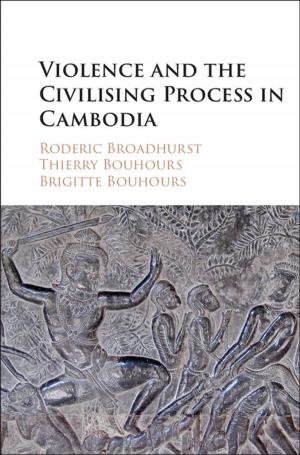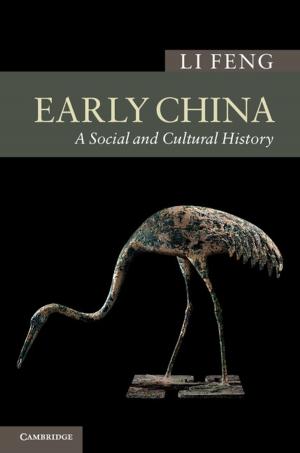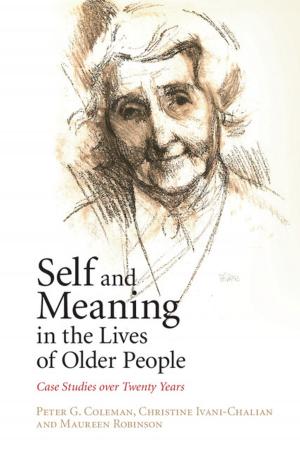The Collapse of the Eastern Mediterranean
Climate Change and the Decline of the East, 950–1072
Nonfiction, History, European General, Science & Nature, Nature| Author: | Ronnie Ellenblum | ISBN: | 9781139564618 |
| Publisher: | Cambridge University Press | Publication: | August 2, 2012 |
| Imprint: | Cambridge University Press | Language: | English |
| Author: | Ronnie Ellenblum |
| ISBN: | 9781139564618 |
| Publisher: | Cambridge University Press |
| Publication: | August 2, 2012 |
| Imprint: | Cambridge University Press |
| Language: | English |
As a 'Medieval Warm Period' prevailed in Western Europe during the tenth and eleventh centuries, the eastern Mediterranean region, from the Nile to the Oxus, was suffering from a series of climatic disasters which led to the decline of some of the most important civilizations and cultural centres of the time. This provocative study argues that many well-documented but apparently disparate events - such as recurrent drought and famine in Egypt, mass migrations in the steppes of central Asia, and the decline in population in urban centres such as Baghdad and Constantinople - are connected and should be understood within the broad context of climate change. Drawing on a wealth of textual and archaeological evidence, Ronnie Ellenblum explores the impact of climatic and ecological change across the eastern Mediterranean in this period, to offer a new perspective on why this was a turning point in the history of the Islamic world.
As a 'Medieval Warm Period' prevailed in Western Europe during the tenth and eleventh centuries, the eastern Mediterranean region, from the Nile to the Oxus, was suffering from a series of climatic disasters which led to the decline of some of the most important civilizations and cultural centres of the time. This provocative study argues that many well-documented but apparently disparate events - such as recurrent drought and famine in Egypt, mass migrations in the steppes of central Asia, and the decline in population in urban centres such as Baghdad and Constantinople - are connected and should be understood within the broad context of climate change. Drawing on a wealth of textual and archaeological evidence, Ronnie Ellenblum explores the impact of climatic and ecological change across the eastern Mediterranean in this period, to offer a new perspective on why this was a turning point in the history of the Islamic world.















